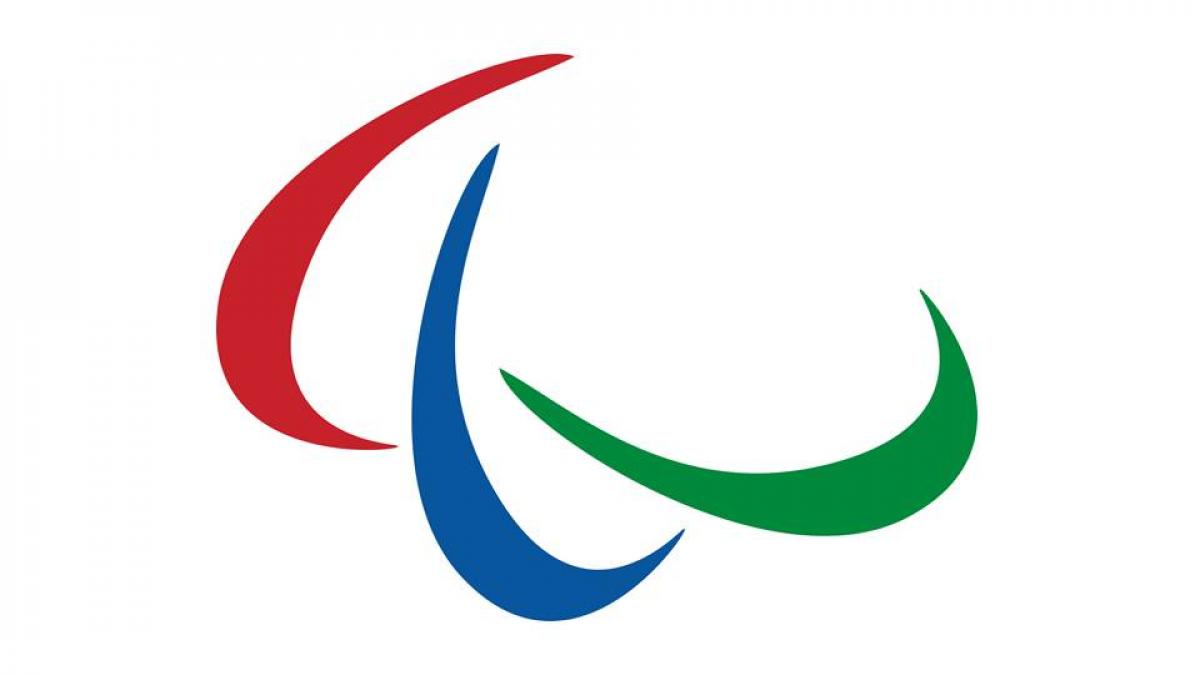Kenyan powerlifter reprimanded for Anti-Doping Rule Violation
Gabriel Magu Wanjiku tested positive for terbutaline in a urine sample provided on 29 July 11 Sep 2016
Official logo of the International Paralympic Committee.
The International Paralympic Committee (IPC) has announced that Kenyan powerlifter Gabriel Magu Wanjiku has received a reprimand for an Anti-Doping Rule Violation after taking cough medicine that contained a prohibited substance.
Wanjiku returned an adverse analytical finding for terbutaline in a urine sample provided on 29 July 2016 after an out-of-competition test in Nairobi, Kenya.
This substance is included on the World Anti-Doping Agency (WADA) 2016 Prohibited List under the category S3 Beta-2 Agonists and is prohibited at all times, both in and out of competition, as a Specified Substance.
The IPC Hearing Body was satisfied with the athlete’s account that the substance had entered his system after he had taken a single dose of cough medicine for clinical reasons. The Hearing Body accepted the use was not linked to any sport related intention and therefore the athlete received a reprimand based on No Significant Fault or Negligence for a Specified Substance.
The principle of strict liability applies to anti-doping matters. Therefore, each athlete is strictly liable for the substances found in his or her sample, and that an anti-doping rule violation occurs whenever a prohibited substance (or its metabolites or markers) is found in his or her bodily specimen, whether or not the athlete intentionally or unintentionally used a prohibited substance or was negligent or otherwise at fault.
As a signatory of the World Anti-Doping Code (WADC), the IPC remains committed to a doping free sporting environment at all levels. The IPC, together with the International Federations and the National Paralympic Committees, established the IPC Anti-Doping Code to prevent doping in sport for Paralympic athletes, in the spirit of fair play. The IPC Anti-Doping Code is in conformity with the general principles of the WADC.

 Facebook
Facebook
 Instagram
Instagram
 Twitter
Twitter
 Youtube
Youtube
 TikTok
TikTok
 Newsletter Subscribe
Newsletter Subscribe
